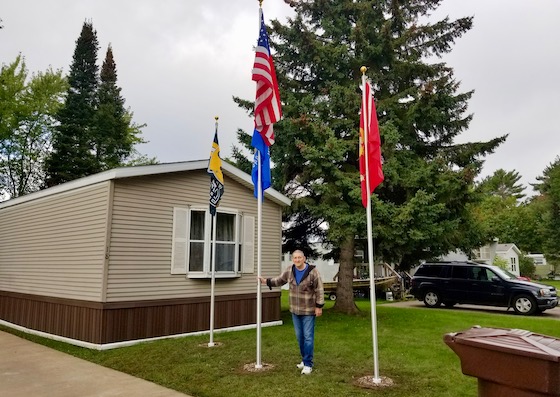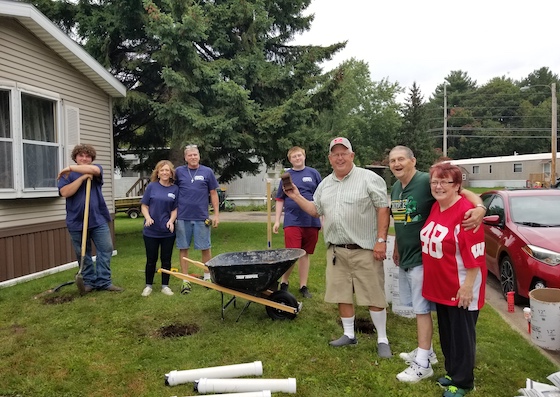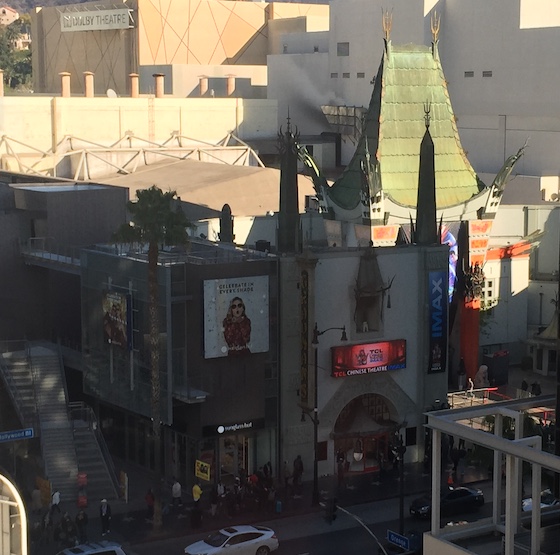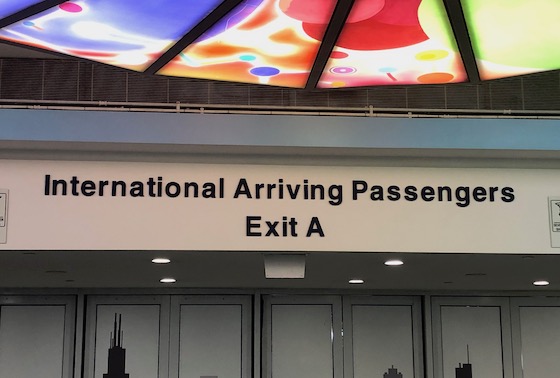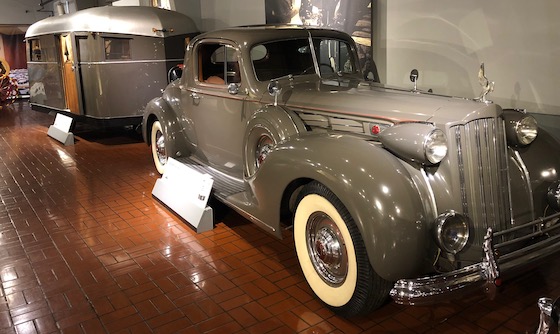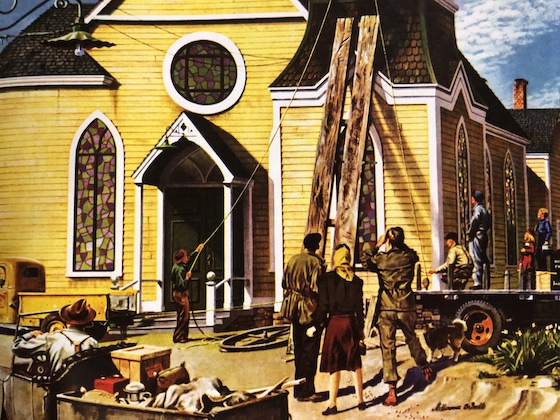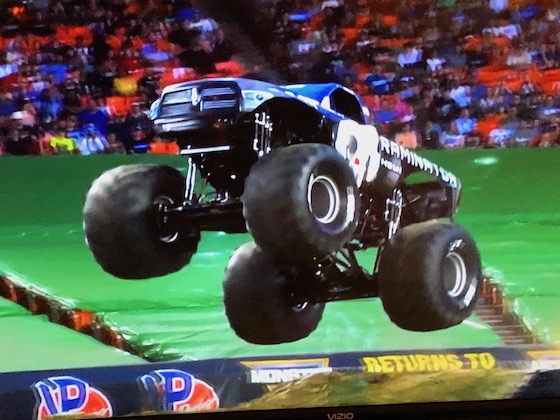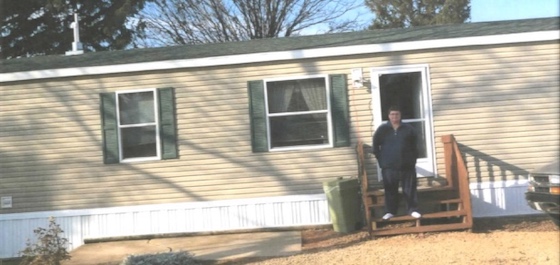Mobile home parks are fairly complicated enterprises that have large number of attributes that collectively make them function. But sometimes these traits can be off-track and the buyer has to decide which ones are “deal killers” and which can be worked around. Here’s an overview of potential park problems that most buyers will run into, as well as the potential impact these present.
No permit or license
There are three types of mobile home parks: 1) legal conforming 2) legal non-conforming (grandfathered) and 3) illegal. You can buy legal non-conforming as long as the city shows no sign of denying your grandfathered rights, and you can probably win in court if they did. However, you can never buy a park that is “illegal”. Even though it may have been operating for 50 years in some cases, the risk is too high that you will be shut down, and no lender will make a loan on such a designation.
No title
You cannot buy real property in the absence of good and marketable title. Without title you are buying an asset that may or may not be yours. No lender will loan on such a transaction. Sometimes these title issues can be fixed but it can take months (or longer) to get it solved and you cannot buy the property until good title is in hand.
Insufficient books
This is a fairly common occurrence, in which the mom & pop seller has not been using computerized records but instead only have their financial statements produced with a pencil on a sheet of notebook paper. While this is how things were done back in the day, the modern park is run by a software system such as Rent Manager. Since buyers are spoiled by having computerized records, they are sometimes distressed by the fact that mom & pop have records that look like 4th grade homework. This is typically not a deal breaker, however. Most banks and appraisers are accepting of the fact that mom & pop did not keep good records, and will re-build these items from the ground up. There are certain formulas for park performance that can be extrapolated to virtually any situation.
Tax returns do not match income statements
In this fairly common item, the seller’s tax returns don’t match the park’s profit and loss statements. Mom & pop will often claim that they are not reporting their full income as to not pay tax on it, but you don’t know if that’s the truth or if they have instead simply puffed up their net income. This is again not a deal killer typically, as the bank and appraiser don’t necessarily trust the seller’s performance and will look to their own analysis to be their guide.
Low collections rate
Many mom & pop owners have large uncollected balances. They have actually created these by not requiring residents to pay their rent each month, but instead engaging in “payment plans” in which the resident promises to make up for this month’s rent next month (and then repeats that every month thereafter until the unpaid balance can grow into thousands of dollars). It has been our experience that you can fix these problems relatively easily when you enact a “no pay/no stay” strategy – requiring the resident to make a hard choice between paying rent or moving out. Most residents have always had the money to pay the rent, they just preferred not to and mom & pop let them get away with that plan. This is not a deal killer, but it does require you to potentially re-negotiate the sales price to reflect the potential cost of having a number of residents move out, thereby costing you not only rent but capital to fix up and sell/rent their homes after you take them through a legal abandonment process. One option would be to set up a reserve at closing in which every resident that runs off gets the buyer a release of a certain amount of money to cover the pain and suffering of having to evict, obtain possession through abandonment, selling or renting, and foregoing rent during that entire process, coupled with legal fees.
Private water or sewer
When you don’t have access to municipal “city” water or sewer, the only other option is “private” water and sewer, which includes well water, septic, packaging plant and lagoon. These may or may not be a deal killer, based on their current condition, the cost of replacement, and operational status. You simply can’t succeed with a mobile home park without working water and sewer, so this is a huge issue and one that requires extremely focused due diligence. One solution, if the system is failing, is to connect to the city utility, but that requires access, approval by the utility company, and a fair amount of cost.
Low housing prices
It is very hard – if not impossible – for a mobile home park to succeed in a market that has low single-family home prices and low apartment rents. In order to have the demand for affordable housing you have to have expensive housing to create the need. In a market with $50,000 single-family homes, and $500 apartment rents, there’s simply no need for a mobile home park, as traditional housing units fit the affordable housing bill and have no negative stereotype. This is a deal killer.
Small metro area
This may or may not be a deal killer based on a number of factors. If the park is in a boutique market in Colorado, it will do well. In Arkansas, not so well. Probably the key driver to a small metro working out is the price of the housing. If you are in the mountains of Colorado with a $600,000 median home price, then the demand for affordable housing is so red hot that you can fill virtually anything regardless of the metro size. But there is typically a correlation between small metros and lower home prices, as well as issues with employment. So be really careful about this one.
One person owns most of the homes
We’re not talking about the park having a lot of park-owned homes here. That’s not a problem as the park buyer can just sell them off to the residents. What we’re talking about is when a single individual – not associated with the park ownership – holds title to a bunch of homes (typically a “Lonnie Dealer”). This can be a total deal killer. You simply can’t let one person hold sway over your destiny like that. A general lender rule is 5% or less owned by one group. That means that a 100 space park can handle one Lonnie owning up to 5 homes. But 50? No. The only solution would be for you to get a contract signed by the owner of these homes to sell them to you at closing, but that’s capital intensive and unlikely to be possible.
Master-metered gas or electric
This may or not be a deal killer based on the condition of the gas or power system. This is an issue that requires intensive due diligence efforts. You need to know that gas or electric system like the back of your hand. You also need to know the laws verbatim and have all necessary permits and licenses to allow for repair and replacement.
Roads in poor condition
This is seldom a deal killer, unless you can’t get a loan or the seller refuses to discount the price to allow for paving repairs. Roads are one of the most capital-intensive items in most mobile home park and, unlike other items, wear out rapidly. Pothole repair is typically an annual function, while resurfacing is less frequent. To do major road repair can cost $100,000+, so this has the capability of being a deal killer but yet it can be solved through negotiation.
Orangeburg sewer lines
This is a terrible type of sewer line construction that was sometimes used in the 1970s. It’s effectively a toilet paper roll tube coated in resin – probably the worst idea in American history. Over the years they effectively dissolve and the only thing the sewage is navigating is the cavity left in the earth from when the pipe dissolved during the heyday of the television show “Miami Vice”. This is a deal killer unless you can budget in the complete cost of replacing the sewer system and still hit attractive financial returns. Typically these deals have disclaimers on them from the broker.
Lack of resident pride-of-ownership
This is not a deal killer and becomes solved through proper management. The reason many residents give up on their homes and yards is because the owner fails to enforce any rules, so they get an attitude of “why should I even try since my neighbor’s home and yard looks so bad”. But you can turn this around as soon as you take possession, starting with a park “clean up event” and then working with each resident to clean up their yard and home and start taking pride in their housing.
Homes that hang over into neighboring properties
This is not typically a deal killer, but you need to be aware of your exposure and get seller discounting to cover it if you can. At issue is when the ends of some of the mobile homes hang into the neighbor’s property, typically because mom & pop never actually knew their property lines. Sometimes they hang over by as little as a foot or so. The good news is that you can typically fix this issue by pulling the home forward. But, more than likely, that scenario will never come up, since you have some good arguments to block the need to do so, such as “adverse possession” and “constructive reliance” which means that after a number of years of encroachment you have a legal right to remain that way.
Conclusion
Some issues with mobile home parks are “deal killers”, while others are just “deal concerners” and still others are simply not that big a deal. The key is to due terrific due diligence and be watchful for signs of issues that could seriously impair your ability to make money with that park. “Better safe than sorry” is a theme that all smart park buyers embrace.


